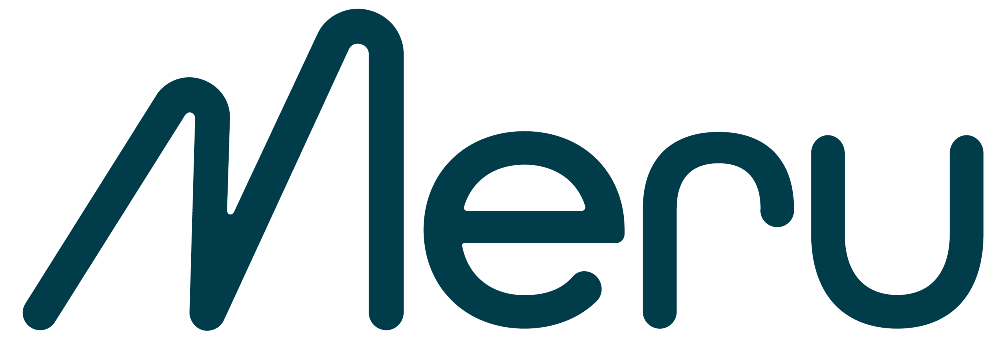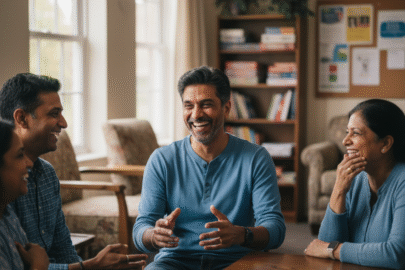
A fresh start for your mind, identity, and joy.
Retirement is often seen as the time to slow down, to rest, reflect, and enjoy the fruits of your labor. While this is true in many ways, there’s another equally important truth: Your brain still wants to grow.
Your brain needs challenges to stay healthy, sharp, and emotionally balanced. Learning new skills is one of the most powerful ways to keep your mind alive and your spirit deeply fulfilled.
Post-retirement is not the end of your journey. It’s a powerful chance to reinvent who you are and reconnect with a sense of curiosity and confidence that may have been buried under years of responsibility.
Why the Brain Needs Challenge After 50
Your brain is incredibly adaptable, even in later life. This ability to rewire, grow, and form new connections is called neuroplasticity.
But there’s a catch: Neuroplasticity works best when the brain is used intentionally.
When people stop learning or avoid new challenges, the brain can become less flexible. It doesn’t “shut down”, but it starts working on autopilot, relying on old patterns and memories instead of creating new ones.
Think of your brain like a garden. If you keep planting, pruning, and watering, it thrives. If left untouched, it slows down, gets overgrown, or simply fades.
That’s why learning after 50 isn’t just about staying busy; it’s about keeping the mind alive and engaged.
Learning Is More Than Mental Exercise, It’s Emotional Therapy
You may already know that learning helps improve memory, focus, and decision-making. But did you know that it also plays a huge role in how you feel?
Here’s how learning supports your whole self:
Cognitive Benefits:
- Strengthens memory and recall
- Improves attention span
- Boosts mental agility and problem-solving
Emotional Benefits:
- Reduces boredom and restlessness
- Provides a sense of purpose and pride
- Increases self-confidence through small wins
Identity Transformation:
- Helps you shift from “What I was” to “Who I’m becoming”
- Encourages a mindset of growth, rather than decline
Instead of seeing retirement as the end of usefulness, learning reminds you:
“I’m still growing. I still matter. I still can.”
What Kinds of Skills Help the Brain Most?
You don’t have to learn calculus or take up mountain climbing. The key is to engage in something new, meaningful, and slightly challenging.
Here are a few powerful categories to explore:
Creative Skills
Activities like painting, music, writing, photography, or crafts:
- Engage both sides of the brain
- Encourage emotional expression
- Stimulate new ways of thinking and seeing the world
Try: Writing a short story, learning to sketch, or composing a poem.
Logical and Language Skills
Games, puzzles, or learning a new language:
- Strengthen memory, focus, and mental speed
- Create new neural pathways
Try: Crossword puzzles, Sudoku, learning a few words in a new language daily, or even chess.
Social and Communication Skills
Speaking, mentoring, storytelling, or joining discussion groups:
- Activate cognitive empathy
- Boost brain flexibility and emotional intelligence
Try: Leading a book club, joining a debate circle, or mentoring someone in your community.
Digital and Tech Skills
Learning how to use new devices or apps:
- Encourages problem-solving
- Connects you with the younger generation and modern tools
Try: Learning video calling, social media, or editing your own photos and videos.
How to Begin: From Curiosity to Confidence
You don’t need a degree or a schedule. You just need a spark of curiosity.
Start with this gentle reflection:
- What have I always wanted to try but never had the time?
- What interests me, even if I’m not sure I’ll be good at it?
- What would help me feel more connected, proud, or excited?
Then, pick one small thing. That’s it.
Your brain responds better to small, meaningful starts than big plans.
Build a Learning Practice That Grows With You
Here are a few ways to make your new learning journey feel easy and rewarding:
Use a “Learning Log” or Mental Bank Practice
Each day, write down:
- One thing you learned (even if it’s small)
- One thing you enjoyed while learning
- One idea you’re curious about
This reinforces the belief: “I am still learning and evolving.”
If/Then Statements for Motivation
You can also support your learning with gentle mindset reminders.
- If I feel too old or too slow,
Then I’ll say: “Every expert was once a beginner.” - If I get frustrated,
Then I’ll take a breath and remind myself: “Growth takes time.”
Use the Flip Model for Emotional Blocks
Turn self-doubt into direction:
- Thought: “I’ll never get the hang of this.”
- Flip: “I want to feel proud and curious.”
- Action: “I’ll practice for just 10 minutes today and celebrate progress.”
Keep the Learning Light, Fun, and Flexible
- Join a group or class (online or in person)
- Choose activities that energize you, not exhaust you
- Celebrate micro-successes: completing a lesson, trying a new tool, remembering a new word
Learning in this stage of life isn’t about grades or goals; it’s about joyful engagement and mental vitality.
Final Thoughts: Stay Curious, Stay Alive
“The day you stop learning is the day you stop growing.” – Albert Einstein
Your brain is waiting for a new challenge. A new spark. A new reason to light up.
You don’t need to become an expert. You just need to become interested again.
So choose something that makes you feel curious, even slightly unsure, and start. You’ll be amazed at how quickly your brain wakes up, your confidence grows, and your sense of self expands.
*Images have been generated using AI tools





